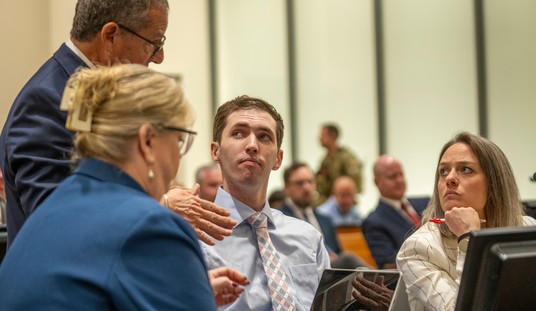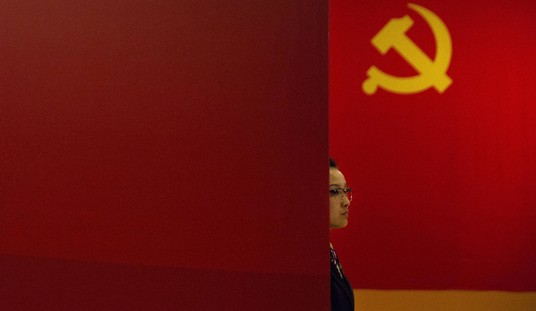We’d already heard warnings that Barack Obama was going to be busy pushing through a mountain of midnight regulatory moves before heading out the door, and those cautions have turned out to be quite accurate. Yet another regulatory move was made by the White House this week with a new ban on smoking tobacco products in public housing buildings. Despite the public support for similar bills covering public spaces, this one is going to run into some opposition. (NPR)
The Obama administration has issued a sweeping final rule banning smoking in all public housing units nationwide, extending a smoke-free environment to nearly a million units.
The rule, issued Wednesday by the Department of Housing and Urban Development, prohibits smoking any lit tobacco products (like cigarettes, pipes and cigars) in indoor areas of public housing complexes. It also bans smoking in public housing administrative offices and in outdoor areas within 25 feet from the buildings.
The department says the rule “will save public housing agencies $153 million every year in repairs and preventable fires, including $94 million in secondhand smoke-related health care, $43 million in renovation of smoking-permitted units, and $16 million in smoking-related fire losses.”
The arguments the administration is making in support of the ban are the typical ones which are always deployed. And for the most part, they are solid points to be made in their favor. While there is still some debate on the exact extent of the health dangers of second hand smoke and the exposure levels required to produce a particular amount of risk, I haven’t heard anyone arguing that second hand smoke is good for you. It’s also dirty and builds up on walls and ceilings, leading to the cleaning costs they cite.
But there’s a major elephant in the room which gets left out of the conversation. Smoking is actually most common among poor people as opposed to the wealthy. That means that the people most in need of public housing assistance are statistically more likely to be smokers. And if you fine them or kick them out of their apartment they are also the ones who will be least likely to be able to pay up or afford a new place on their own. Add to that the known fact that quitting smoking is extremely difficult (nicotine is more addictive than heroin) and you’ve got a formula for a lot of low income people being put out on the streets.
HUD Secretary Julián Castro attempted to brush off these concerns, but it wasn’t terribly convincing.
“The last thing that we want are evictions,” Castro told reporters, according to the Times. “We don’t see this as a policy that is meant to end in a whole lot of evictions. We’re confident that public housing authority staff can work with residents so that that can be avoided.”
What qualifies as “a whole lot of evictions” to Mr. Castro? I think a number as low as “one” would be a whole lot if you happen to be a person living in that apartment. And I’m willing to bet that there are lot of families with a smoker in residence who just can’t quit the habit.
Will this rule remain in place once Donald Trump has a new person in charge of HUD? I’m not even going to hazard a guess on this one, but we’ll put a bookmark on it to revisit later.









Join the conversation as a VIP Member